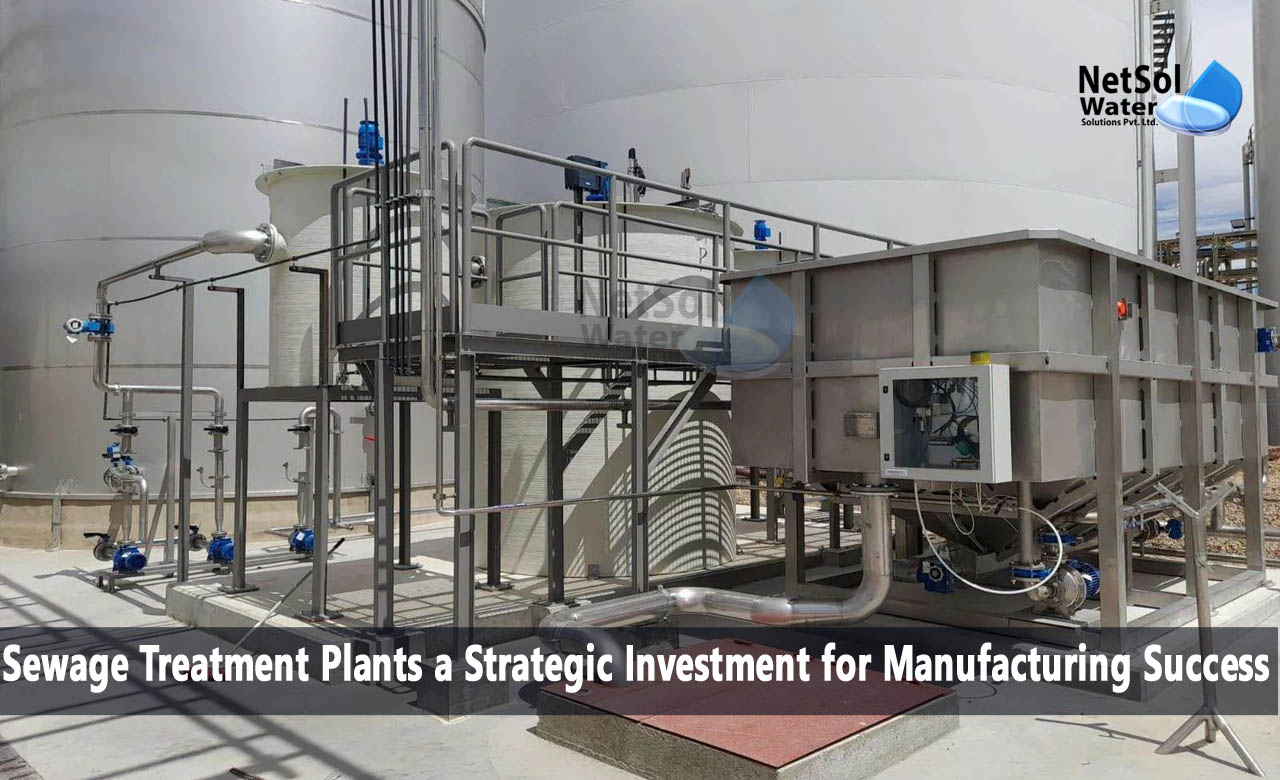Is a STP Plants a Strategic Investment for Manufacturing Success?
In today's competitive manufacturing landscape, success is not solely determined by production capabilities and cost efficiency. Environmental sustainability and responsible waste management have become integral aspects of corporate social responsibility. As manufacturers strive to reduce their ecological footprint and comply with stringent regulations, the implementation of sewage treatment plants (STPs) emerges as a strategic investment. By effectively treating wastewater and mitigating pollution risks, STPs not only contribute to environmental protection but also yield significant benefits for manufacturing operations and long-term success.
Environmental Compliance and Legal Obligations
One of the primary drivers behind the adoption of sewage treatment plants in manufacturing facilities is the need to comply with environmental regulations. Governments worldwide are increasingly imposing stricter standards on industrial wastewater discharge to protect water bodies and preserve ecosystem health. By investing in an STP, manufacturers can ensure compliance with these regulations, avoiding penalties, legal complications, and reputational damage associated with non-compliance. Implementing an efficient sewage treatment system demonstrates a commitment to environmental stewardship, positioning the company as a responsible and conscientious corporate citizen.
Resource Conservation and Cost Efficiency
Sewage treatment plants offer manufacturers a dual advantage of resource conservation and cost efficiency. Wastewater often contains valuable resources such as water, energy, and nutrients that can be reclaimed and reused within the manufacturing process. By treating and recycling wastewater, companies can reduce their dependence on freshwater sources, conserve valuable resources, and minimize operational costs associated with water procurement.
Moreover, many STPs incorporate advanced technologies that allow for the recovery of energy through processes like anaerobic digestion or biogas generation. This energy can be harnessed and utilized within the manufacturing facility, reducing reliance on external energy sources and resulting in substantial cost savings. By optimizing resource utilization and minimizing waste, STPs contribute to the overall operational efficiency of manufacturing plants.
Risk Mitigation and Enhanced Reputation
Failure to manage wastewater effectively poses significant risks to both the environment and the reputation of manufacturing companies. Untreated or poorly treated wastewater can contaminate water bodies, leading to ecological imbalances, harm to aquatic life, and potential risks to public health. Additionally, negative publicity surrounding environmental violations can severely damage a company's brand image, customer trust, and stakeholder relationships.
Investing in an STP demonstrates a proactive approach to risk mitigation and pollution prevention. By treating wastewater to high standards, manufacturers can eliminate the likelihood of accidental spills or unauthorized discharge, protecting both the environment and their reputation. An environmentally responsible image can foster customer loyalty, attract environmentally conscious investors, and enhance the company's overall brand value.
Long-Term Sustainability and Future-Proofing
In an era where sustainable business practices are increasingly valued, companies that proactively invest in sewage treatment plants gain a competitive advantage. Consumers, regulators, and investors are favoring environmentally conscious companies, making sustainability a crucial factor in business longevity. By integrating STPs into their manufacturing processes, companies demonstrate a commitment to long-term sustainability, which can lead to increased market share, access to new markets, and business growth.
Furthermore, the evolving regulatory landscape may introduce even stricter environmental standards in the future. Investing in advanced STP technologies today prepares manufacturers for anticipated regulatory changes, ensuring they remain compliant and adaptable to evolving environmental requirements. This future-proofing strategy provides a competitive edge and positions manufacturers as leaders in sustainable manufacturing practices.
Conclusion
Incorporating sewage treatment plants into manufacturing operations is a strategic investment that yields far-reaching benefits. By ensuring compliance with environmental regulations, conserving resources, minimizing costs, mitigating risks, and enhancing their reputation, manufacturers can achieve sustainable growth and long-term success. Sewage treatment plants are no longer just a legal requirement but a vital component of responsible manufacturing practices. As the world progresses towards a greener future, investing in STPs becomes imperative for manufacturers to thrive in the modern business landscape and contribute to a sustainable planet for generations to come.
Netsol Water is Greater Noida-based leading water & wastewater treatment plant manufacturer. We are industry's most demanding company based on client review and work quality. We are known as best commercial RO plant manufacturers, industrial RO plant manufacturer, sewage treatment plant manufacturer, Water Softener Plant Manufacturers and effluent treatment plant manufacturers. Apart from this 24x7 customer support is our USP. Call on +91-9650608473, or write us at enquiry@netsolwater.com for any support, inquiry or product-purchase related query.



